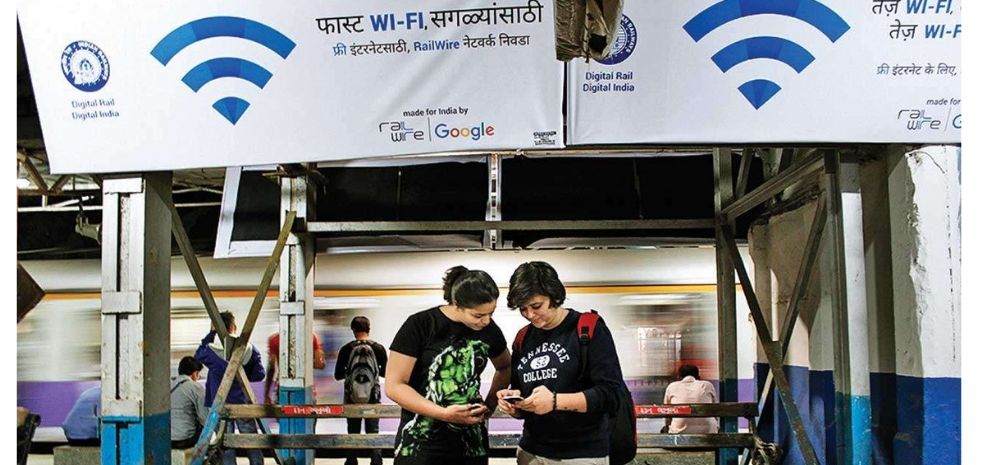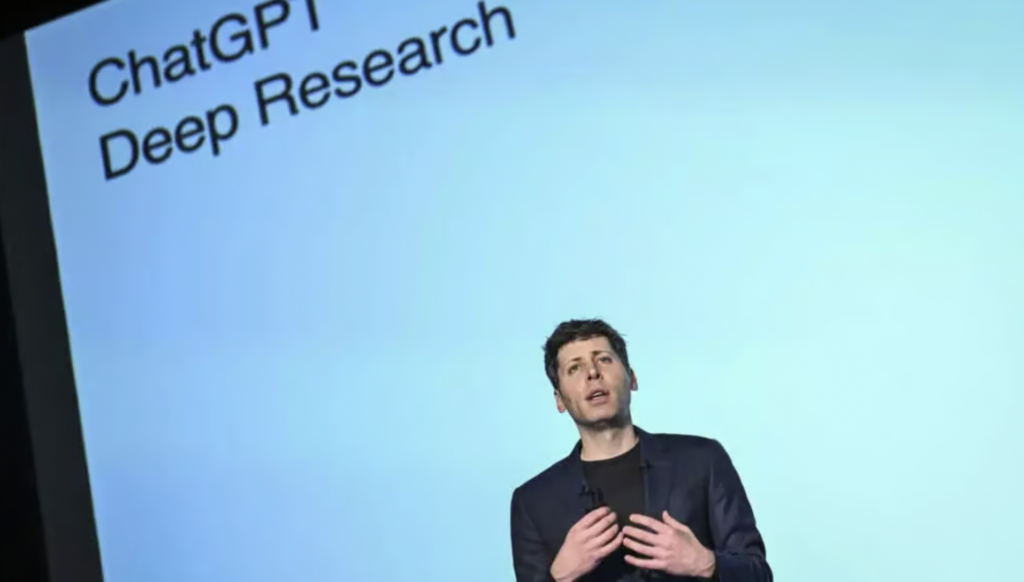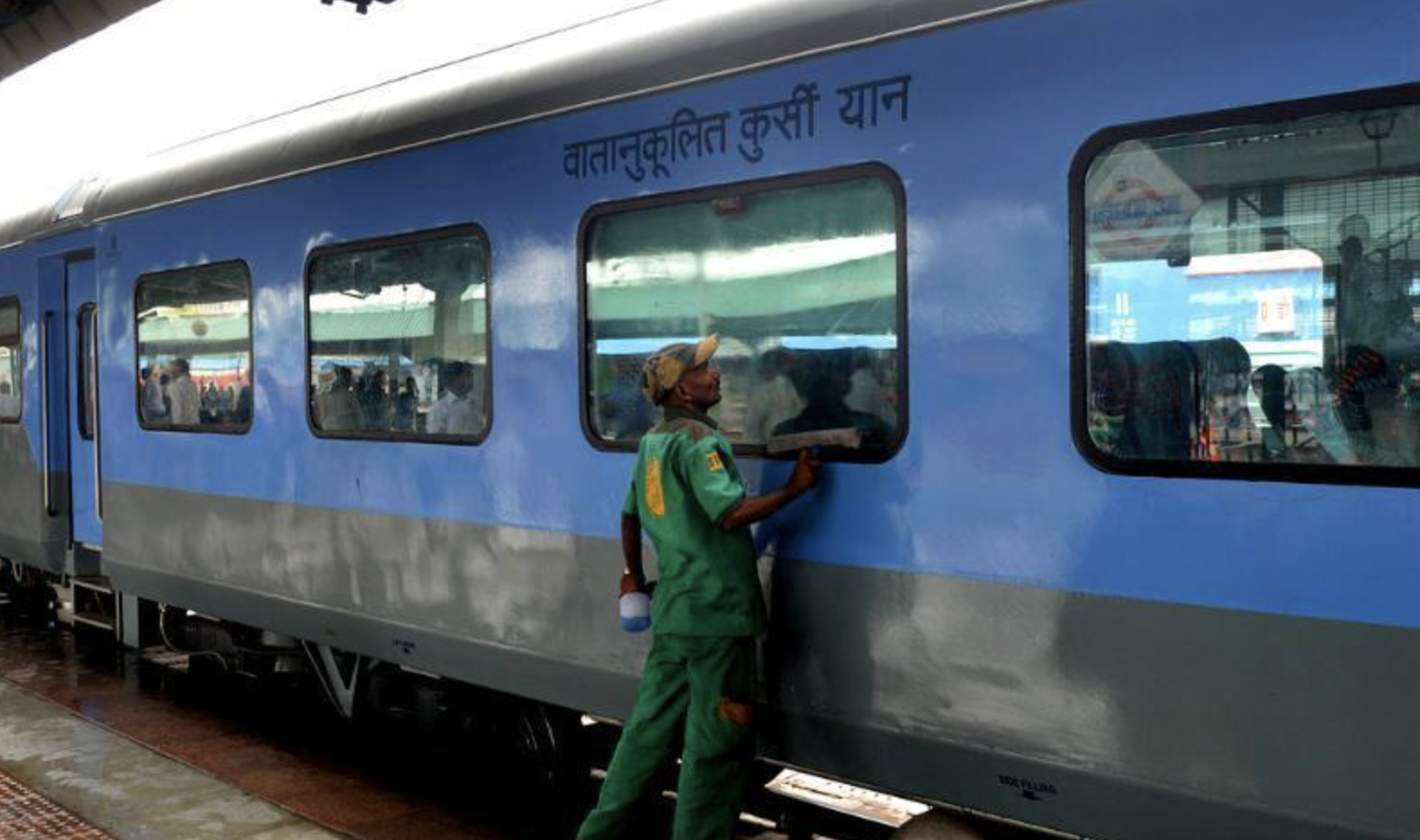There is no such thing called as a free lunch!

Why Free Wi-Fi Isn’t Worth the Risk?
Though this adage comes off a bit harsh, it actually is a truth and it makes all the more sense in today’s free technology.
One should welcome all things free in life, but not free Wi-Fi and in this story we cover the reasons why to do so.
Though the decision to use a public Wi-Fi by employees is driven out of convenience and they have no intention to be exposed, but not everyone has a clean conscience like them and there are some elements of society who feed off them especially when it comes to public Wi-Fi.
5 Perils of Using Public Wi-Fi
In this story we share with you the perils of using public Wi-Fi:
- Man in the middle attack: Acronym as MITM, man in the middle is an attack in the perpetrator poses himself in a conversation between a user and an application, with the malefic intention to either eavesdrop or in order to impersonate one of the parties, which makes the conversation look like a normal exchange of information is underway.
- Evil Twin Attack: This is when the perpetrator sets up fake Wi-Fi network is set up to steal information or further infiltrate a connecting device. This fake Wi-Fi is set up with the hope of users connecting to it, thinking it to be a legitimate one instead. This, when selected, passes all the information that the user shares with the network to the server controlled by attacker.
- Session hijacking: This act refers to the malicious act of taking control of a user’s web session. When it comes to web browsing, a session is a series of interactions between two communication endpoints and each session has a unique token code, which is to ensure the continuity as well as security. This attack has the bad actor either steal or manipulate this session token in order to get the unauthorized access to information or services.
- Packet Sniffing Attack: It is a way of detecting and assessing packet data sent over a network, which in turn can be used by administrators for network monitoring and security. However, there a scope to abuse and misuse once these packets fall in the hands of hackers who can then spy or steal confidential data. Through this they can get the access to the financial data by capturing the data unit
- Password cracking attack: This is a process of using an application program to identify an unknown or forgotten password to a computer or network resource. Via this hacker crack a routers’ interface to get access to user data.
Hence, in the light of existing manoeuvres employed by hackers and the new ones that they might devise, it is generally advised to not use a public Wi-Fi.
Summary












